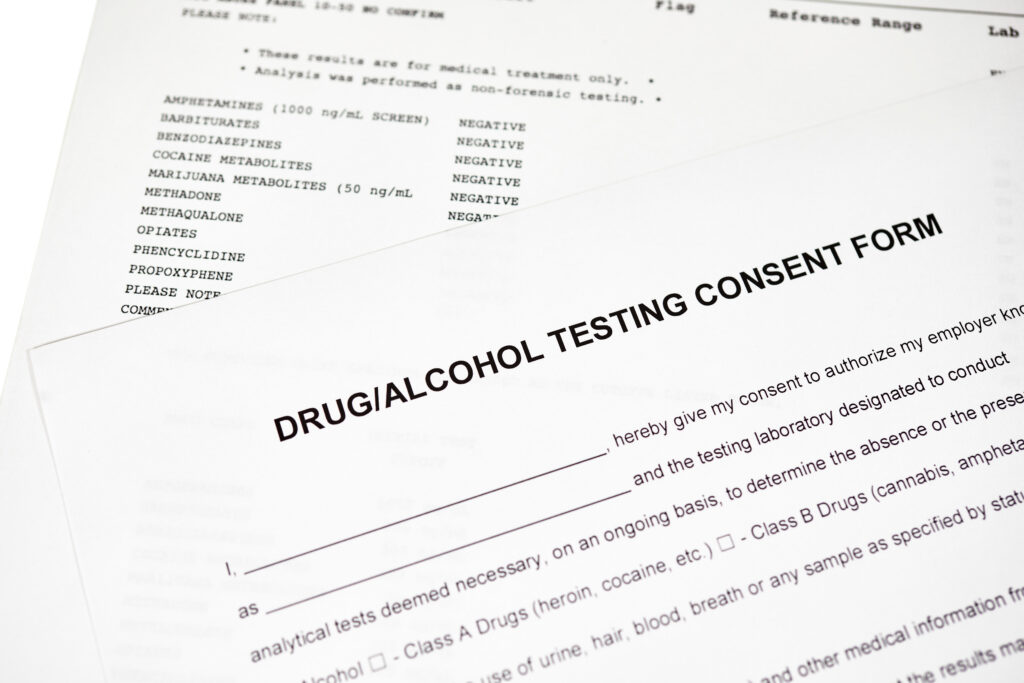Alcohol Abuse Screening Test
Alcohol Screening Tests Ideal for Healthcare Settings
An alcohol screening test helps determine if you abuse alcohol or have alcohol use disorder. An emergency room might use a short test that makes a determination based on the first question, while a mental health professional has time to administer a longer test with more questions.
The reliability of shorter tests may not be as high as the longer ones. After the initial diagnosis, a longer test helps determine if your case of alcohol use disorder is mild, moderate, or severe.
Source: verywellmind.com
Schedule an appointment. 24 hour on-site service available.
Alcohol Screening Tools
AUDIT: Alcohol Use Disorders Identification Test Used to assess whether or not there is a problem with alcohol dependence.
Used where alcohol dependence has been identified, to measure the severity of dependence.
Used to assess the severity of alcohol withdrawal syndrome.
Source: smartcjs.org.uk
Alcohol Screening Tests Ideal for Healthcare Settings
An alcohol screening test helps determine if you abuse alcohol or have alcohol use disorder. An emergency room might use a short test that makes a determination based on the first question, while a mental health professional has time to administer a longer test with more questions.
The reliability of shorter tests may not be as high as the longer ones. After the initial diagnosis, a longer test helps determine if your case of alcohol use disorder is mild, moderate, or severe.
Schedule an appointment. 24 hour on-site service available.
What is An Alcohol Screening Test?
Alcohol screening tests can do more than just point to alcohol dependence (alcoholism). In addition, tests can be utilized to help identify excessive drinking that may lead to dependence, or the consequences that can come with drinking.
An alcohol screening test is a tool used to help determine if a person’s drinking has reached a risky level. The test, “was developed as a simple method of screening for excessive drinking and to assist in brief assessment,” according to the World Health Organization (WHO).
If we can identify problem drinking in its earliest stages, we can help people with excessive drinking issues target triggers that lead to drinking, reduce drinking, or seek the help they need in time to make a change for the better.
Schedule an appointment. 24 hour on-site service available.


Why Do We Use Alcohol Screening Tests?
While alcohol screening tests can be useful tools for people with existing drinking issues, the tests may have other uses as well. The WHO explains, “screening for alcohol among patients in primary care carries many potential benefits. It provides an opportunity to educate patients about low-risk consumption levels and the risks of excessive alcohol use.”
What Are The Signs Of Alcohol Abuse And Addiction?
So, what exactly is the test screening for? The tests ask questions that usually pertain to frequency and amounts of drinking which aid in identifying excessive use.
For example, questions on an alcohol screening test may ask, “how many drinks do you typically have on a day when you drink?” or, “how many times during the last year could you not remember events from the night before due to drinking?” Perhaps you’re wondering how these questions alone could be accurate in pointing to signs of abuse based on singular answers. However, positive answers to certain screening questions immediately point to alcohol abuse.
If you’re asked if you drink more than a certain number of drinks during a given time period (one occasion) and you answer yes, you may have a drinking problem even if it’s simply binge drinking. If you can say you’ve had more than a few drinks on a single occasion several times per month for several consecutive months, you may be at risk of addiction.
It’s the screens that identify behaviors and patterns of abuse. With time, abuse of alcohol can lead to addiction, a chronic disease which can be hard to overcome without help.
Schedule an appointment. 24 hour on-site service available.
Side Effects Of Alcohol Abuse
So, why is it so important to identify risk of alcohol abuse? At the end of the day, alcohol abuse is risky because it affects your health, immediately and long-term.
The NIAAA reports, “drinking too much on a single occasion or over time can take a serious toll on your health.” To start, it changes the way your brain communicates. In turn, this can affect your mood, behaviors, thought processes, and even make it difficult to move by affecting coordination.
Other areas of the body affected by excessive drinking include the heart, liver, and pancreas.
Just a few ways alcohol abuse can damage your health include:
Alcoholic hepatitis Cirrhosis
Fatty liver disease
Fibrosis
High blood pressure
Irregular heartbeat
Stretching/stopping of the heart muscle
Stroke
Effects to vision and eyesight
Further, prolonged abuse of alcohol can contribute to development of several types of cancer, including mouth, esophagus, throat, breast, and liver. Overall, drinking also weakens the immune system, which can cause you to contract disease or infection more easily, including dangerous diseases like pneumonia or tuberculosis.
CAGE Test
The CAGE questionnaire is a simple test that checks for signs of alcohol dependence. Learn what the four questions are and why they’re so effective.
C – Have you ever felt you should on your drinking?
A – Have people you by criticizing your drinking?
G – Have you ever felt bad or about your drinking?
E – Have you ever had a drink first thing in the morning (” r”) to steady your nerves or to get rid of a hangover?
Two “yes” answers indicates a problem with alcohol.
Source: verywellmind.com
The AUDIT Test
One of the most accurate tests is the Alcohol Use Disorders Identification Test (AUDIT). It’s accurate up to 94% of the time across ethnic and gender groups. It has 10 multiple choice questions scored on a point system. A score over eight indicates an alcohol problem.
The disadvantage is that it takes longer to administer and is more difficult to score than the shorter tests.
Source: verywellmind.com
The RAPS4 Test
Rapid Alcohol Problems Screen Test (RAPS) asks questions similar to the CAGE test, but from a different perspective. One “yes” answer indicates a possible alcohol abuse problem. The results are accurate across gender and ethnic groups.
Source: verywellmind.com
Other useful screening tools
Leeds Dependence Questionnaire Used for patients to self complete, to measure alcohol and opiate dependence.
Used as a screening tool and severity measure for generalised anxiety disorder.
Used for screening, diagnosing, monitoring and measuring the severity of depression.
Used as a brief, quantitative measure of cognitive status in adults.
Used to assess the intensity of physical addiction to nicotine.
Used as a reliable, objective way of recording the conscious state of a person.
Source: smartcjs.org.uk
Schedule an appointment. 24 hour on-site service available.
